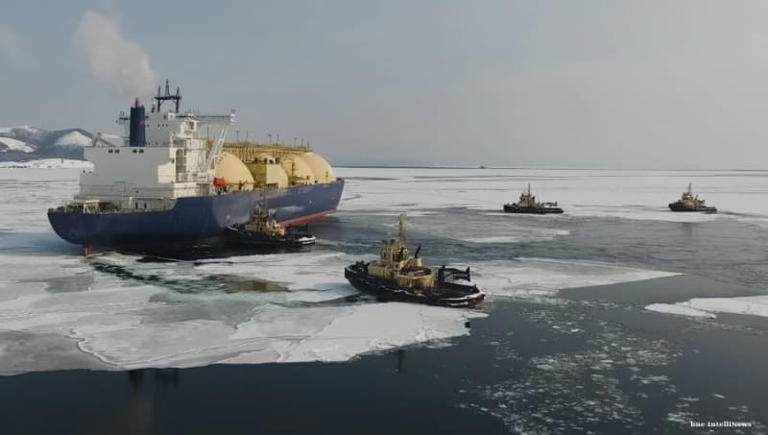In response to the European Parliament’s decision to enable individual EU member states to block Russian LNG imports, the move has been perceived as a strategic measure aimed at further curbing Moscow’s revenues from energy exports. However, despite the legislative maneuver, none of the major importers of Russian LNG in Europe—namely Spain, France, and Belgium—have signaled readiness to implement such restrictions. Their reluctance stems from concerns over jeopardizing energy security, especially given the prevailing tightness in the global gas market and the elevated prices compared to pre-crisis levels.
While European pipeline gas supplies from Russia saw a significant decline in 2023, Russian LNG exports to the EU surged amid geopolitical tensions, indicating the sector’s resilience in the face of geopolitical pressures. This resilience is partly attributed to the favorable tax breaks granted by the Russian government to LNG projects, particularly new developments like Novatek’s Yamal LNG terminal and Arctic LNG-2 project. These tax incentives have facilitated the growth of the LNG sector, contributing to its significance within Russia’s energy export portfolio.
Unlike the tax burdens imposed on pipeline gas exports, LNG exports constitute a smaller share of Russia’s energy revenues due to the substantial tax breaks afforded to LNG projects. Novatek’s Yamal LNG, for instance, benefits from exemptions from mineral extraction tax (MET), export duties, and property tax. Such favorable conditions have incentivized investments in LNG infrastructure and production capacity, reinforcing Russia’s position as a key player in the global LNG market.
Despite the European Parliament’s endorsement of rules allowing member states to restrict Russian LNG imports, major importers like Spain, France, and Belgium remain hesitant to exercise these powers. Their reluctance is underscored by the complexities surrounding long-term supply contracts, transshipment arrangements, and concerns over potential legal ramifications. Moreover, the European gas crisis has underscored the importance of maintaining access to diverse energy sources, including Russian LNG, to mitigate supply disruptions and price volatility.
Looking ahead, as the global LNG supply landscape evolves with the commissioning of new liquefaction projects, particularly in the US and Qatar, Europe may seek to diversify its LNG procurement sources further. This diversification strategy could potentially diminish reliance on Russian LNG over time, although the transition is expected to unfold gradually to ensure energy security and compliance with contractual obligations. As geopolitical tensions persist and energy markets remain dynamic, strategic decisions regarding LNG procurement will continue to shape Europe’s energy landscape and geopolitical dynamics.
